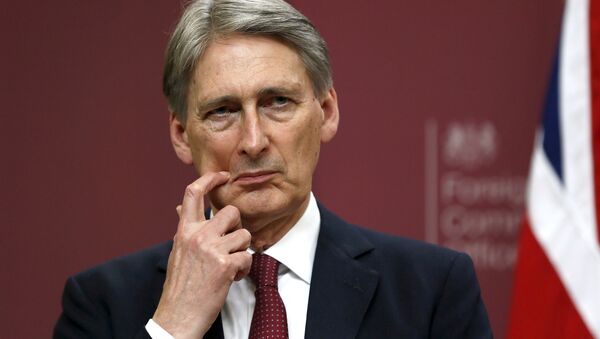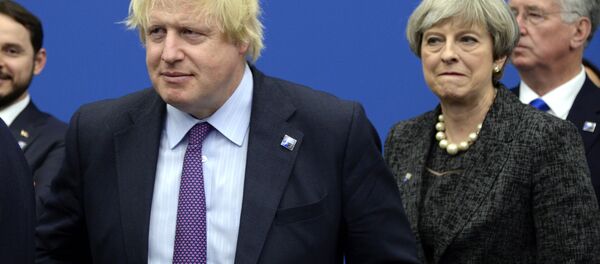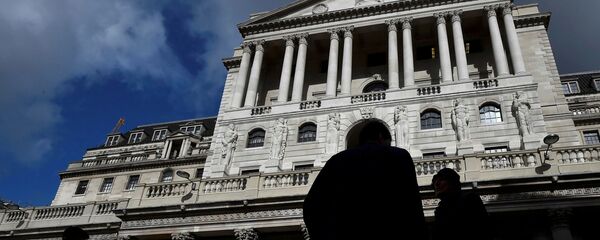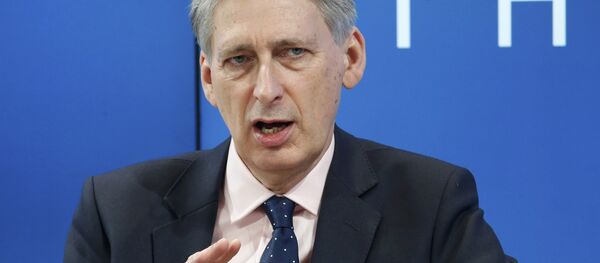Kristian Rouz – In a rather unexpected move, Chancellor of the Exchequer Philip Hammond is poised to address the challenges to the UK’s economic development by promising driverless cars to hit the roads by 2021 in his semi-annual budget proposal.
This as analysts and market participants, let alone the regular folk, are expecting practical fiscal stimulus measures, and the long-anticipated end to the six-year austerity policy.
READ MORE: UK Conservative Party's May, Hammond Trusted More Than Labour on Economy — Poll
The embattled Chancellor also faces the challenge of helping Prime Minister Theresa May set course through the tumultuous Brexit process by improving the quality of life of everyday Britons with fiscal policy measures.
Chancellor Hammond will deliver his budget Wednesday.
"We are heavily constrained fiscally. We don’t have huge amounts of room for maneuver. But we do have some room," Hammond said.
Chancellor Hammond said he would take measures to spur the new construction of homes amidst the British housing crisis, exacerbated by the pressures of mass migration, high rents, and the ever-declining affordability of home-ownership. He also promised to help voters financially whilst maintaining the cuts to budget spending in order to fix public finances.
"And after many years of struggling to get the deficit down and seeing our debt still rising I think we are at last about to turn that corner and see debt begin to fall," Hammond said.
This, he pointed out, could be achieved through deregulation of innovative industries – including driverless cars. The Chancellor also could expect the ongoing resurgence in UK manufacturing would help fix trade and budget deficits.
In spring, Hammond tried to increase national health insurance payments for the self-employed, to a widespread resentment, and has since completely changed his stance on the matter. The Chancellor says he seeks a more egalitarian approach to the taxation of the self-employed, meaning this category of workers would need to reassess their tax status – for example, setting up a company could result in lower taxes for the individual entrepreneurs.
He said his ministry would make efforts to build 300,000 new homes in one year of 2018, which – if it comes to fruition – could prove a great relief. Currently, council housing is failing as migrant demand is rife, and institutionalised political correctness has decimated the chances of young Brits to get a place of their own and/or start a family.
Hammond’s driverless cars proposal was welcomed by the British auto industry – which is poised to grow quicker in the post-Brexit reality amidst decreased overseas competition.
"Some would say that's a bold move, but we have to embrace these technologies if we want the UK to lead the next industrial revolution," the Chancellor said.
The cabinet expects the driverless car industry to created up to 27,000 high-paying jobs, and bring an additional £28 bln to the GDP.
The Chancellor also vowed budget support for artificial intelligence development, as well as electric car charging locations, clean car purchase assistance, and 5G mobile network development and introduction across the UK.





